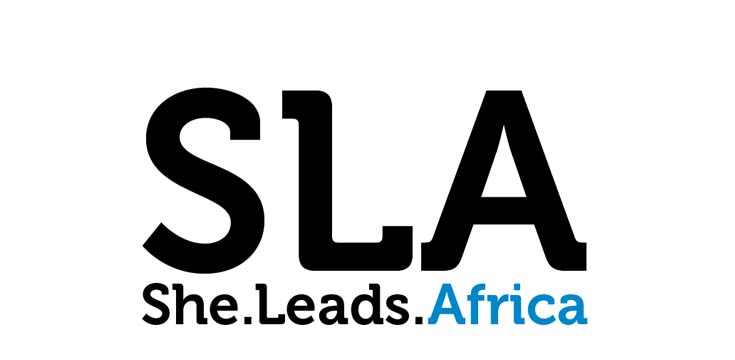OP-ED: Africa’s female rising stars of business are still seen as second-class citizens, By Afua Osei
Despite the compelling narrative about African women becoming titans of industry, sexism and inequality make scaling up impossible for many entrepreneurs

Africa is building up a glowing reputation as the global leader in female entrepreneurship. Last year, MasterCard released its celebratory Index of Women Entrepreneurs to much fanfare. Uganda and Botswana topped the list, which further pushed the new narrative that women are rising above adverse circumstances to create businesses that will rev the engine of growth in sub-Saharan Africa.
Unfortunately, few have been willing to admit that this story, satisfying though it may be, is incomplete at best. The high levels of labour force participation that earn commendations mask the persistence of significant, structural limitations on female business-owners.
The potential for women to create and lead businesses that will drive African growth into the next century is massive, but women’s ability to deliver on this potential is tightly constrained by a lack of access to support services, sponsorship from business leaders, and supply chains. Pervasive sexism and structural inequalities have created a troubling dichotomy – glorification of African artisans and farmers who are women, but little true interest in cultivating rising female industry leaders.
Many African women work in traditional sectors such as food and cosmetics, but barriers to entry are too high for them to transform from subsistence enterprises to transformational businesses. In Nigeria, to gain approval to manufacture food and beauty products, one must jump through hoops to obtain an expensive licence from the National Agency for Food and Drug Administration and Control. Given that women are more likely to be poor, are more likely to be primary caregivers, and are less likely to be educated, they frequently lack the time and resources to overcome such bureaucratic hurdles.
Among those who overcome the hurdles and get products to market, many lack the mentorship and sponsorship that could help them take their business to a higher level. Mentors typically share advice whereas sponsors leverage connections or finances to help another person succeed. Studiesaround the world have consistently shown that sponsorship makes a critical difference in career success, and women disproportionately lack this type of support. African women who have managed to build large businesses cite their mentors and sponsors as crucial to their rise.
Some remaining barriers are more fundamental, and more systemic. Aspiring female entrepreneurs in Africa often lack access to the basic components necessary to start and grow their businesses – finance, land ownership, and supply chains. In sub-Saharan Africa, women comprise only 15% of landholders, a deprivation of capital that sets them back from the start and harms their ability to start and grow a business.
Financial inclusion remains a serious issue. Women still lack access to banking, let alone the capital needed to grow a business. Much of the support for women-owned businesses has focused on local, micro-finance backed, consumer goods production. These businesses start small and largely stay small. If African female entrepreneurs are to scale up, we must provide them with a platform to do so. Global networks like WEConnect International, which links female-owned businesses to buyers around the world, is attempting to do just that, but we need more efforts like this to make a real impact.
Almost 20 years ago, development institutions began to realise that women’s reliability, drive to support their families, and labour potential made them uniquely productive in developing economies. The same characteristics said to enable female productivity on a micro-level are now being used to characterise a class of African female entrepreneurs with global potential. Programmes and reporters praise these women for their grit, but treat them as second-class citizens by rarely providing them with tools to scale from local to global.











